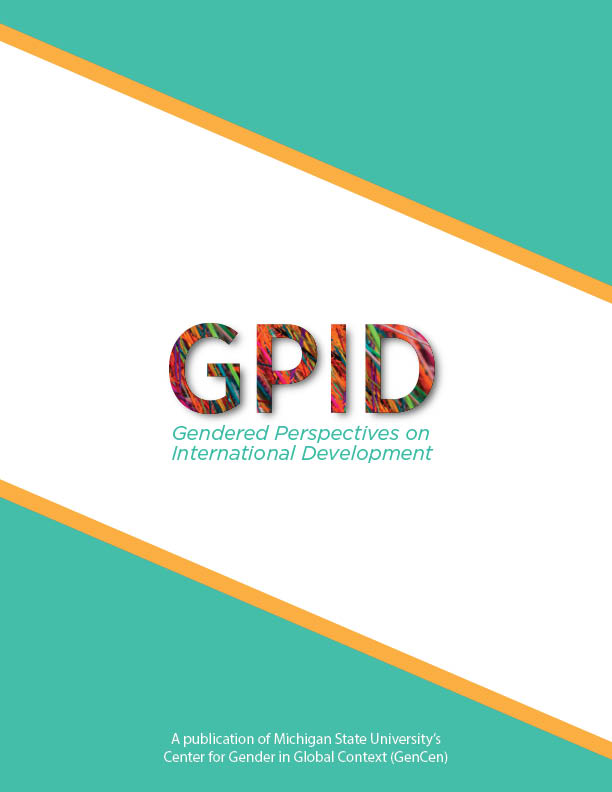Mapping Gender Roles in the Wheat Value Chain of Central Afghanistan: Evaluating Roles, Constraints, and Opportunities
Keywords:
Gender, Afghanistan, wheat, women, farmingAbstract
The contributions of women in agriculture are often invisible or otherwise poorly recognized, especially in settings such as that of rural Afghanistan, where women’s work is largely home-based (Wilcox, et al., 2015). This mixed-methods study maps gender roles in the wheat value chain through key informant interviews and focus groups with 120 respondents from small and medium-size wheat farms in four key wheat producing districts of Kabul Province, Afghanistan. Constant comparative analysis was used to draw results from qualitative data, with member checks to strengthen trustworthiness (Merriam and Tisdell, 2015). Results indicate that both men and women view women’s roles as integral to adding value to wheat at various stages, including storage, washing and seed selection, cultivation, and harvest. Still, women are often overlooked by research and extension programming. Recommendations for practitioners and policymakers are further presented.
Published
Issue
Section
License
Copyright (c) 2024 Carmen Nicole Benson, Aziz Ahmad Osmani, Gul Mohammad Ajir, Parisa Aqdas Karimi, Abdul Khalid Madadi, Noorullah Mayar, Margaret Orwig

This work is licensed under a Creative Commons Attribution-NonCommercial-NoDerivatives 4.0 International License.
Gendered Perspectives on International Developement is published under a Creative Commons Attribution-NonCommercial-NoDerivatives 4.0 International License. Authors of accepted papers will be required to sign an author publishing agreement.

